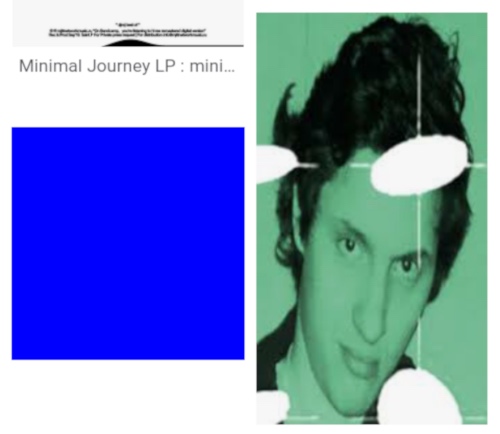Thesis: In the construction of a judgment, it is important to verify and open its contrary side. False judgments are unnecessary.
A Thesis: Modern pop era artists, who are massively over-applauded and actively entertain crowds, are akin to digested gruel or prepared baby food. They provide information for the weak, representing the wrong approach to a mature diet.
An Answer: No, let’s consider the other side. It is not just food, and despite being made in a intentionally simple manner, quality can still be available for free.
A Thesis: Jumping around for the sake of attention is not a decent way of obtaining value.
An Answer: No, why not? Jumping can grab attention. What is decent in a decent way of obtaining value? Effectiveness? “Brain cells work like that.” They don’t care about ideas.
A Thesis: The best rarely lies just on the surface, but any mass-oriented creativity internally is often blurry, simplified, and sometimes almost empty, even if it makes money.
An Answer: People don’t have much time to discover real art; they get what they need and that’s okay. The issue of money just reflects how we self-reflect and ideals are easily bought. The middle point of perspective is always better and more important to see.
Whoever makes money from creativity and is guided by the opinion of the masses is almost certainly vulgarized. Decent art worthy of respect comes from areas of reason rather than from fooling others to get rich.
True creativity often dwells beyond the immediate grasp of mass appeal, requiring a deeper engagement to be fully appreciated, whereas popular art, though accessible and appealing, may lack the depth and substance found in less mainstream expression
